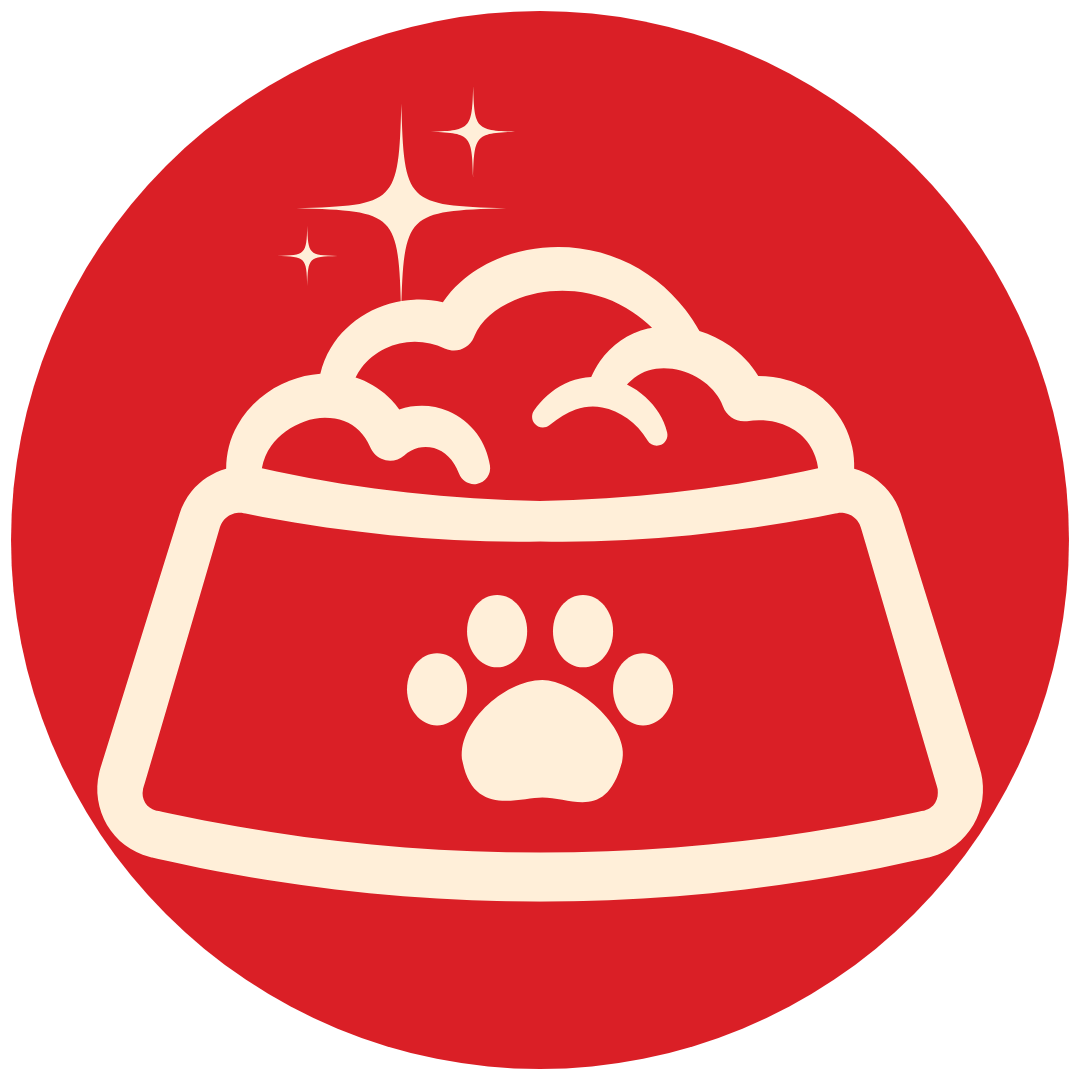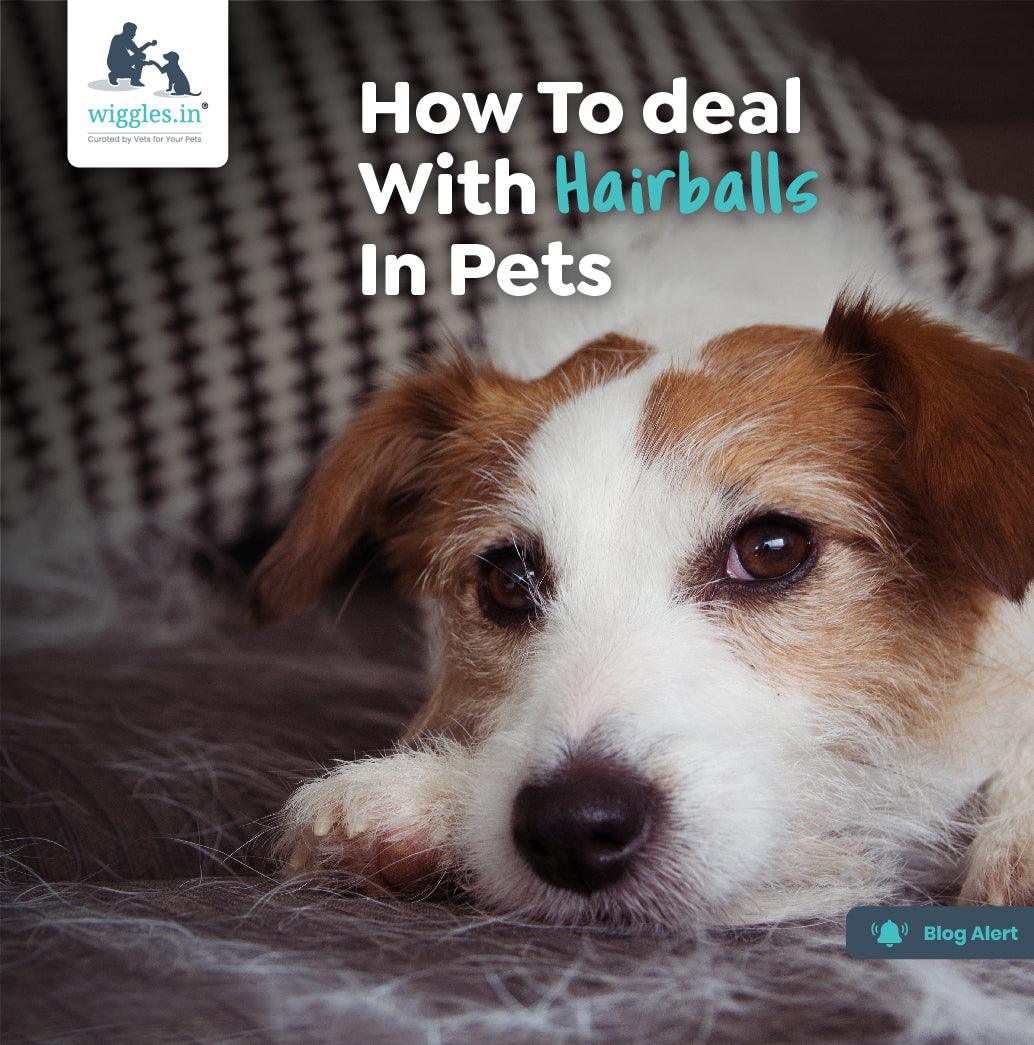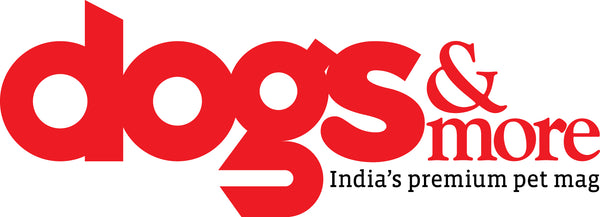Our beloved animals have many great abilities from smelling our anxiety, sadness, fear to even licking prey’s flesh down to the bone. Cats belong to the felidae family. Their tongues are covered with tiny backward papillae, which help them to rasp the meat as well as to groom themselves. Cats tend to keep themselves clean with their excessive grooming addiction. This grooming session also involves hair which enters into their stomach and causes the condition known as Trichobezoar or hairball. Both dogs and cats are equally susceptible to this condition. Cats are more prone to this because of their excessive grooming habits as compared to dogs. Dogs suffer less, but as a pet parent one cannot just discriminate against our woofers and meows.
Trichobezoar is nothing but a medical term for the mass/collection of hair in the abdominal cavity.
Having a hairball in the stomach is a rare condition for dogs but it's a very frequently occurring condition in cats because of their long hair and grooming trait. Generally these hair pass through stool or expelled through vomiting but in excess they can develop a blockage of the intestine. It can be a partial blockage or a complete blockage too.
Your pet having a hairball in their stomach is a scary condition to imagine!
What Causes Trichobezoar?
Various reasons may lead to a trichobezoar condition in pets such as:
- While having self-grooming sessions, pets ingest most of the hair. Which gets expelled regularly, but excessive hair after a definite period, if not treated turns out into a hairball condition.
- Excessive shedding of hair in pet breeds having long hair are more prone to this condition for eg: Persian Cats, Golden Retrievers etc.
- Pets may also lick their hair or be involved in excessive grooming out of boredom or due to lack of playing sessions and also while nursing their newborn.
- Having a skin condition such as itching or fleas/ticks on their body aggravates the licking and this also involves ingestion of hair.
Though they have the tendency to expel it out, an accumulation of hair in the stomach can lead your pet to a surgery table in extreme cases.
How To Detect A Hairball Condition?
At the initial stage it is hard to detect whether your fur babies are having the trichobezoar or not. Normally, a small quantity of ingested hair gets expelled when the animal passes the stool or through vomiting and hence, forming a hairball in the stomach is a long process.
But, you may find the vomiting reflex or gagging/ coughing in your pet. Along with it you may also find diarrhea, loss of appetite, lethargy and signs of constipation. Whereas, hairball obstruction can lead to some severe conditions and to operate the pet is the only remaining option. Opting for an ultrasonography is the best option to detect a hairball in pets.
Treatment For Hairball?
A vet will adopt laxative therapy if your baby is only having a partial obstruction and will try to eliminate it out.
The second method is surgery. If the obstruction is complete, then there is no option other than surgery. A vet will guide you with complete treatment and necessary measures which need to be taken.
Preventive Treatment
For a condition like Trichobezoar/Hairball preventive treatment is the best method you can go for.
Grooming
Dogs having long hair or double coats shed more hair. Regular grooming sessions will help them to control hair shedding. As the main culprit for hairball formation is the licking of hair, regular grooming will control the shedding of hair and will also improve their overall texture of hair. Using good quality hair products will also aid in proper care of their skin and hair.
Hydration
A dry intestinal lining will obstruct the hair from passing it through poop. A hydrated lining of the intestine will help to pass it out easily, working as a lubricant.
Nutrition
A proper nutrition such as a diet rich in protein and omega 3 will help to strengthen their hair. Providing pumpkin, olive oil in the diet will also help them as a laxative product to eliminate hair.
For a new pet parent, it can be scary to see your pet struggling with a hairball condition. If you notice any such symptoms, don’t wait and contact us! You can either call our vets in the comforts of your own home or visit us at our clinic! To book an appointment, call us on +91 8431620000!



















